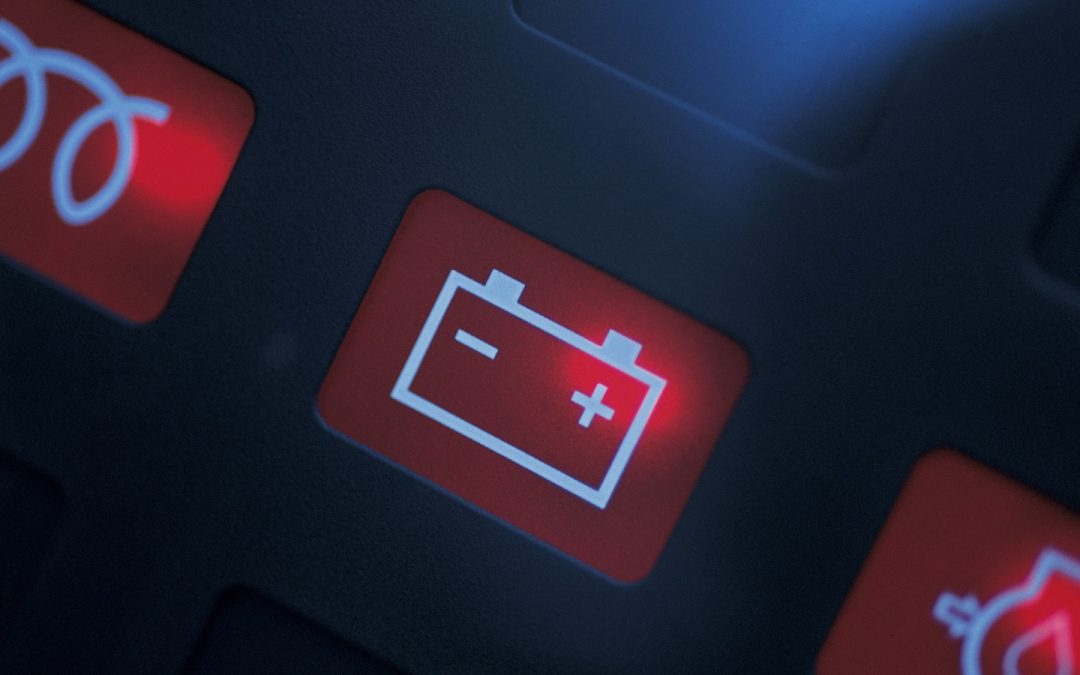Sometimes, delaying a standard car repair is necessary, but you can’t ignore it forever. In this article, we’re going to look at when it’s recommended to perform standard service and when you must commit to getting your car repaired or maintained.
Types of car repair
At every level of car maintenance, you may need to commit to taking the vehicle in to avoid small issues becoming larger, more expensive ones.
Surface car repair
This level of repair refers to the repair and maintenance of the exterior of a vehicle, including paint repair, dent repair, and scratch repair. Even small scratches and dents can, over time, lead to rust or other problems. If you see the seal of the paint has been broken, definitely consider taking your vehicle in for repair.
Mechanical car repair
Mechanical repair refers to the maintenance and repair of a vehicle’s mechanical systems and components, such as the engine, transmission, brakes, and suspension. Mechanical repairs can be complex and time-consuming, and it’s important to take your vehicle to a reputable and experienced mechanic who is qualified to handle the specific type of repair needed.
In-depth car repairs
More extensive repairs are often required following an accident. Auto collision repair includes any work required on the vehicle, including auto body collision repair. A good auto collision shop will return the vehicle to its original condition. If you’ve been in even a minor accident, it’s a good rule of thumb to take your vehicle for a checkup to ensure there are no hidden damages or safety issues.
Most common things that need repair
What standard repairs and checkups should you perform on your vehicle, when should you do them, and when must you do them? Here’s a guide.
Oil change
Dirt and debris can build up in your car’s oil until the oil no longer lubricates like it should, meaning the engine suffers extra wear and tear every time you drive it. Every five thousand kilometres, the oil in your vehicle should be changed. If you see the oil engine light come on, hear any knocking or vibrations from the engine, smoke in the exhaust, or have trouble changing gears, take your car in for an oil change.
Spark plug replacement
Spark plugs ignite the fuel and help your engine start. A small and inexpensive part, spark plugs can damage your car if not replaced properly. Over time, faulty spark plugs can cause damage to your engine. If you notice the glow plug warning light coming on or if your car is having trouble starting, idling rough, accelerating sluggishly, with knocking engine misfires, take your car in.
Tire repairs and changes
Tires are another part that needs constant maintenance. You may experience less control, lower fuel efficiency, and slower speeds with worn tires. Tires are regularly inspected for punctures or damage, rotated, and regularly balanced during regular maintenance. A great rule of thumb? Have your tires maintained every time you change your oil. If you see bulges, damage, tread wear, are dealing with vibrations while driving, or notice the tire won’t hold pressure, take your vehicle in for tire replacement.
Brake inspection and maintenance
Brakes are an essential feature of safety and control, and brake failure is the cause of about 5 percent or about 300,000 accidents per year in the United States. Brakes can wear down at a variable rate depending on your driving style. Brakes should be checked every fifty thousand kilometers. A brake inspection will include an assessment of the brake pads (which wear down with use), brake lines, drum, disk, and rotors.
Your car stopping more slowly or pulling to one side while braking are both signs that the brakes need maintenance. You also might hear a clicking or squealing as you engage your brakes.
Oxygen sensor replacement
Oxygen sensors measure the oxygen concentration in your vehicle’s exhaust gasses and inform the car’s computer so the computer can regulate the correct air-to-fuel ratio for your car. If your engine is misfiring or idling rough, take it in for maintenance.
The electrical and ignition systems
Your car’s battery, starter, and other electrical components should be checked regularly. Fuses and light bulbs often need changing. If your car needs a boost to start or your headlights are dim, you may need to change the battery or need work on your electrical system.
Fuel cap tightening
Loose fuel caps may cause your car to burn fuel faster or allow dirt and grime into your engine. If the cap is at all loose, take the car in to replace the cap.
Fixing minor issues to avoid big problems
Regular maintenance will catch problems before they become extremely expensive to repair or, worse, dangerous. Contact Simplicity Car Care today to find a trusted auto repair shop near you.


Recent Comments